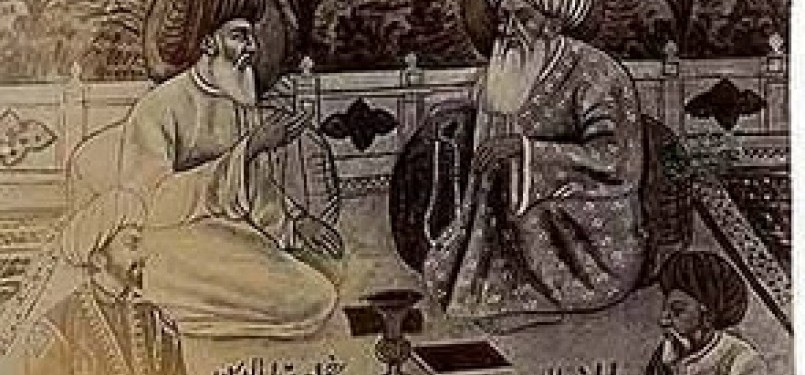This great poet’s name is Abu Thayyib, but he is better known as al-Mutanabby. His verses are clear, genius, and frankly stated. Poetry, for him, is the voice of the heart. It exists because it exists, exists, is not presented or manifested. However, that honest conscience wreaks havoc, as he experienced during his time as a poet. Because his poems were critical of anyone’s prophethood, he was accused of being a man who claimed to be a prophet (mutannabi), beaten, stoned, and expelled from village to village. He became an expelled human.
Abu Thayyib is unlike Abu Ishaq an-Nasibi, who doubted the prophethood of the prophets or Muhammad’s mother Zakariyya ar-Razi, who rejected all prophethood. Because he considers that prophethood is contrary to the fundamental principle of human existence, which is different from animals. Why should the prophets, even though they claim to come from one source, Allah, contradict each other, said ar-Razy. Although not as bad as that experienced by al-Mutanabby, they were also imprisoned in physical and intellectual prisons. In fact, the latter is the most pronounced. All their thoughts and writings were entirely obscured by the prowess of the fiqh experts and qadli, who were intimate with grandiose political rulers and the state.

This does not include al-Hallaj, who ended his life on the gallows, Dawud ibn Ali, Ya’kub Bin al-Fadli, and hundreds of others accused of zindiq during the caliphate al-Mahdi and his successor, the caliph al-Hadi. In addition, those accused of zindiq had to end their lives in front of judges such as Abd Jabar Al-Muntasib, Umar al-Khaluzi, and Muhammad Abu Isa al-Hamdawaihi.

